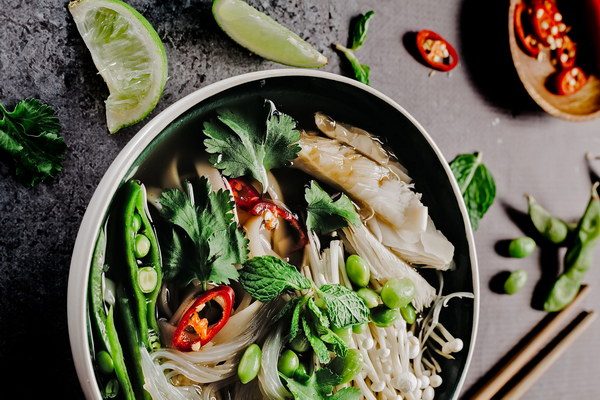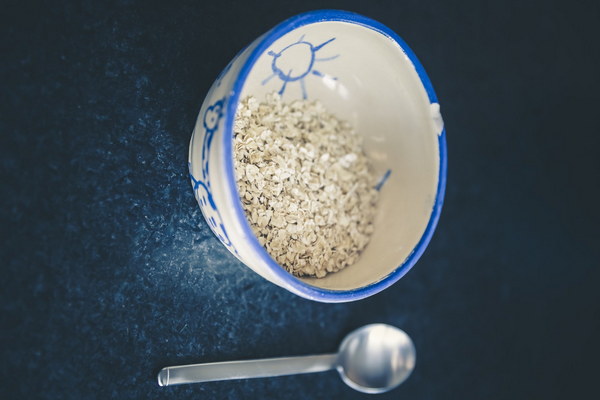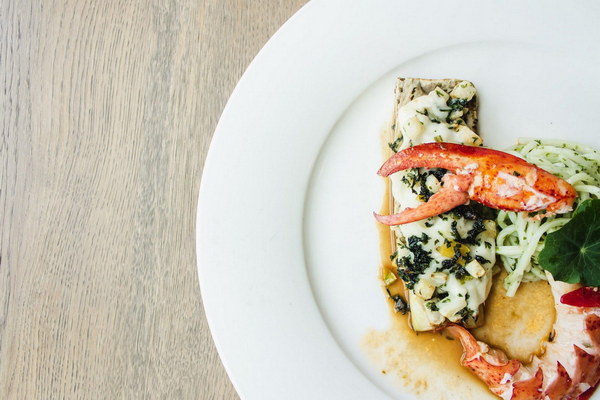Unlock the Secrets of Traditional Chinese Medicine A Comprehensive Guide to Health and Wellness
In the realm of holistic health, Traditional Chinese Medicine (TCM) has been a cornerstone for centuries, offering a unique and profound approach to well-being. This comprehensive guide delves into the vast world of TCM, providing an insightful look at its principles and practices that can transform your life. With the help of a detailed and illustrated compendium, we will explore the key elements of TCM, from acupuncture to herbal remedies, and how they can contribute to your journey towards a healthier and happier life.
I. The Philosophy of TCM
At the heart of TCM lies the ancient belief that the body, mind, and spirit are interconnected, and maintaining their balance is crucial for health. The core principles of TCM include:
- Yin and Yang: The concept that everything in the universe consists of two complementary forces that are always in a state of flux.
- Qi (Chi): A vital life force that flows through the body, regulating its functions and maintaining health.
Understanding these principles is the first step towards harnessing the power of TCM in your daily life.
II. Acupuncture: The Art of Needling
Acupuncture is a widely practiced TCM technique that involves inserting fine needles into specific points on the body to restore balance and promote healing. This ancient practice has been used for over 2,500 years and is known for its effectiveness in treating a wide range of conditions, including pain, stress, and sleep disorders.
- How it works: Acupuncture stimulates the release of endorphins, the body’s natural painkillers, and boosts the immune system.
- Benefits: Acupuncture can reduce inflammation, improve blood flow, and alleviate symptoms associated with various conditions.
III. Herbal Remedies: Nature's Medicine
Herbal medicine is a cornerstone of TCM, utilizing the properties of natural plants to treat and prevent illness. TCM practitioners often combine different herbs to create customized formulas tailored to individual needs.
- Common herbs: Ginseng, ginkgo biloba, and astragalus are just a few examples of herbs used in TCM.
- Benefits: Herbs can boost the immune system, improve digestion, and alleviate symptoms of chronic conditions.
IV. Diet and Nutrition: A Balanced Approach
In TCM, the diet plays a vital role in maintaining health. Practitioners believe that certain foods can either exacerbate or alleviate symptoms, depending on their properties.
- Food properties: TCM categorizes foods into hot and cold properties, which can influence the body’s balance.
- Balanced diet: A diet rich in a variety of nutrients, including fruits, vegetables, whole grains, and lean proteins, is essential for optimal health.

V. Exercise and Movement: Cultivating Qi
TCM emphasizes the importance of regular exercise to maintain a healthy Qi flow and overall well-being. Two popular TCM exercises are Tai Chi and Qigong.
- Tai Chi: A gentle form of martial arts that combines slow, deliberate movements with deep breathing and meditation.
- Qigong: A practice that focuses on cultivating and balancing Qi through movement, breathing, and meditation.
VI. Lifestyle Adjustments: Embracing Harmony
In addition to diet, exercise, and herbal remedies, TCM also emphasizes the importance of making lifestyle adjustments that promote harmony and balance.
- Sleep: Adequate sleep is essential for restoring Qi and maintaining health.
- Stress management: Techniques such as meditation, deep breathing, and yoga can help reduce stress and improve overall well-being.
Conclusion
Traditional Chinese Medicine offers a rich tapestry of knowledge that can help us achieve better health and wellness. By understanding and incorporating the principles of TCM into our daily lives, we can unlock the secrets to a healthier, happier future. Embrace the wisdom of the ages, and discover the power of TCM in your journey towards optimal health.









